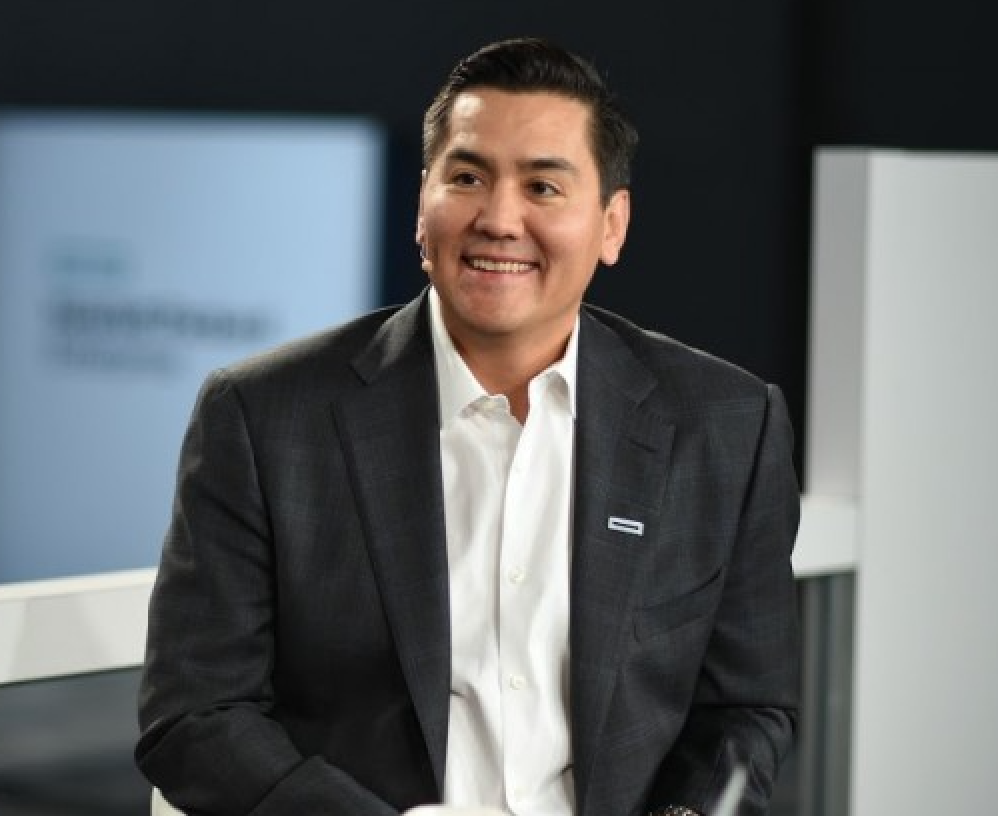Or listen on your favorite podcast app
Apple Podcasts / Google Podcasts / Spotify
—
Today, Ian is joined by Chris Hsu, a West Point graduate, an Army veteran, and now CEO of Zibo, a digital financial services platform that provides individual landlords banking, insurance and payment services. Prior to founding Zibo and post-military, Chris held roles as Executive Vice President for Hewlett Packard and a Senior Vice President at HP. He also served as a top executive in private equity for six years, during which he advised entrepreneurs and led turnaround efforts at companies including Dollar General, U.S. Foodservice and Del Monte Foods.
“I grew an unbelievable admiration for them and what they had done. Entrepreneurship is not about the idea, it is about taking the idea and shaping it into something that actually works, building a company and a culture and being able to pivot and push through those things that are remarkably challenging,” says Chris.
On this episode, Ian and Chris discuss what it was like leaving the military, how Chris’ time in the service prepared him for the corporate world and how he went on to have success in private equity, where he advised start-ups, to now running his own company, Zibo.
Quotes from Chris:
[On his dad’s influence in his life] “He just raised us with an appreciation that freedom is not free and that the people that value and love freedom need to have a responsibility to defend freedom. So both my brother and I decided to join the Army and got into West Point.”
“I would say that [West Point] was probably the thing that most shaped my character and created opportunity for me that I would not have had otherwise and frankly kind of made me a citizen of the world and really opened my mind to what the whole world was about.”
[On his time in senior management at HP] “In large global organizations there is typically a few people who are catalysts for change and its really about building alliances and coalitions that can actually drive change. There are many antibodies, as Meg would say, that do not want to change. You have to convince the right people that there is a compelling need for change and then you have to build a coalition.”
[On advising entrepreneurs] “As I was spending six months helping entrepreneurs, I grew an unbelievable admiration for them and what they had done. Entrepreneurship is not about the idea, it is about taking the idea and shaping it into something that actually works, building a company and a culture and being able to pivot and push through those things that are remarkably challenging.”
[On the hardest part of advising entrepreneurs] “It is absolutely recruiting. It’s finding super talented people to take the plunge. By definition if they are super talented, they have lots of options and so if they have a lot of options, they are betting all their chips. The one asset they have is their own personal talent and they are betting that on the idea, the company and believe that they can execute and build something special.”
[When looking for entrepreneurs] “For me I always look for someone who has some distinctive skill set, something that is unique and differentiated with a track record of success. The second would be character. Are they a good person? Are they genuine? Do they treat people with respect? Do they follow up? It’s what you learned from your mom and dad when you were growing up. Can they lead and can they be a part of a team? So for me, it’s that capability, character and lastly desire. They could be a really smart person and not have the drive.”



